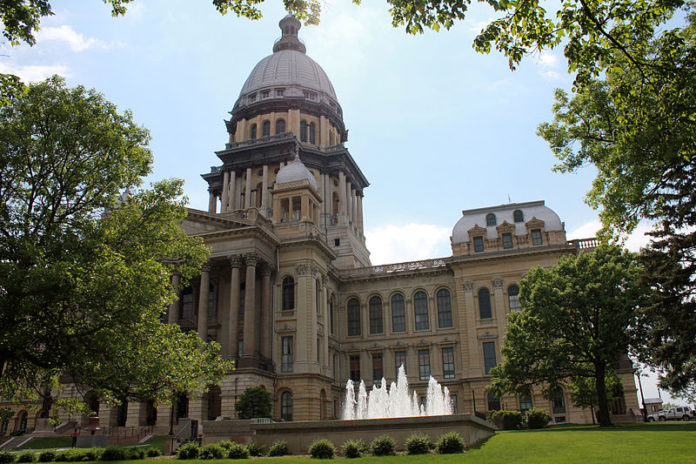A bill proposed by a Republican congressman would require people provide a valid ID for opioid prescriptions in the state of Illinois.
The bill, HR 5219, the Opioid Prescription Verification Act, would make it obligatory for an individual to present a valid government-issued photo ID in order to purchase opioid medication. The bill also requires the pharmacist checking the identification to enter the name and address of the individual purchasing the opioid into a statewide database, along with details regarding the medication purchased and the details of the sale.
Currently, pharmacists in Illinois are required to record details about the opioid medications they dispense in a statewide database. However, the data recorded in this statewide database does not include any information regarding the individual who is picking up the prescription. The Opioid Prescription Verification Act would remedy that by compelling the pharmacist to record the name and address of the individual who picks up the opioid prescription in the statewide database, as well.
HR 5219 was introduced by United States Representative Rodney Davis. The Republican congressman has compared the ID requirements for opioid prescription medication to those put in place for Sudafed sales in the state in 2005 by the Combat Methamphetamine Epidemic Act of 2005, during the height of the meth epidemic.
By requiring people who are picking up opioid prescriptions to present a state-issued photo ID, authorities can be more certain that the medications are ending up in the hands of people who have a legitimate need for them. The data collected by pharmacists will help law enforcement officials and others working against the opioid crisis to track instances where an opioid prescription may be misused, and identify instances where people are abusing opioid medications.
A recent report issued by the Centers for Disease Control (CDC) revealed that the opioid crisis continues to worsen in the Midwest, with a significant increase in emergency room visits for opioid overdoses between 2016 and 2017.
















